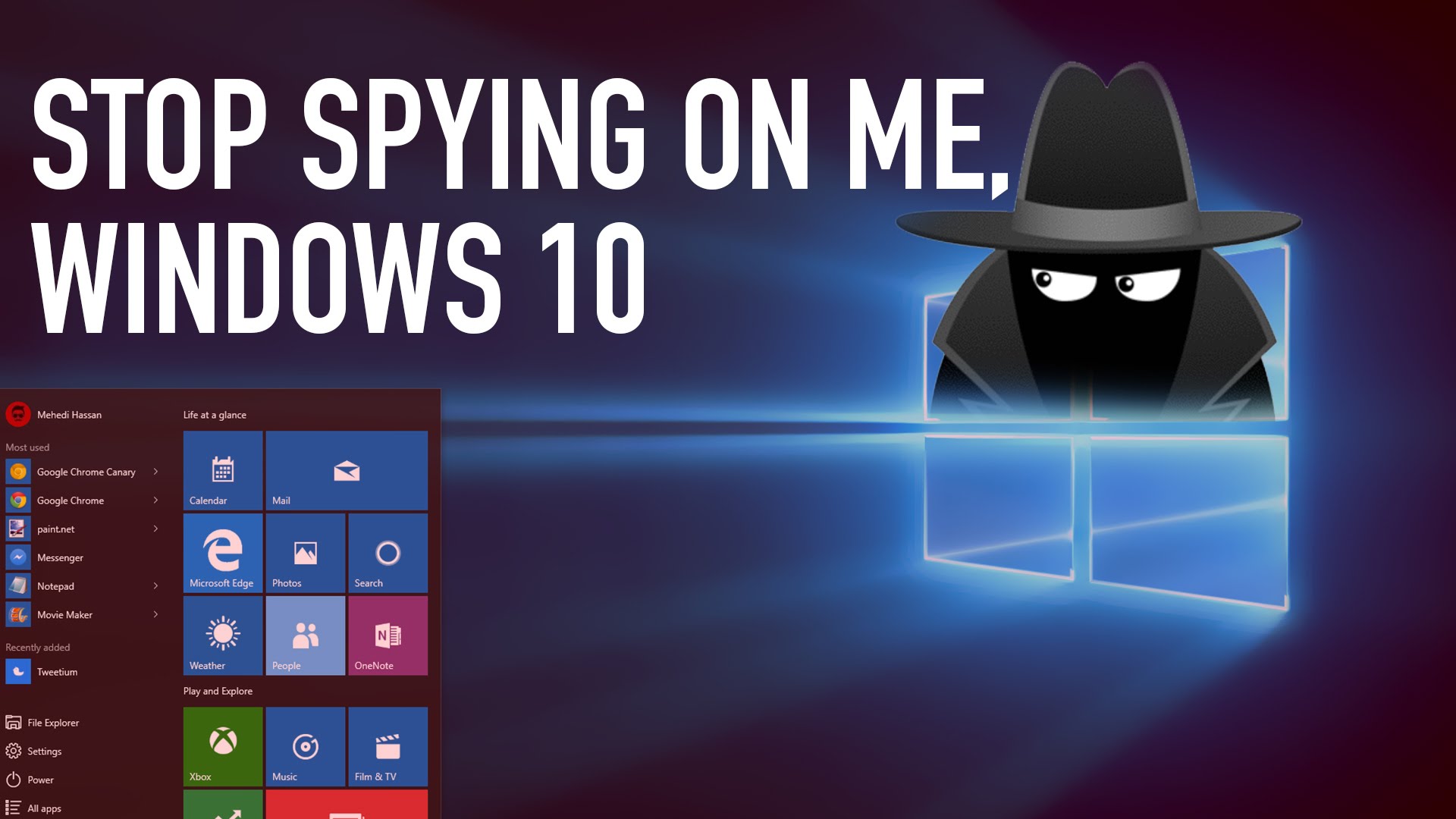Microsoft is on a deadline for Windows 10 operating system, but it’s not what think. Despite the free upgrade deadline on July 29, there’s an even more important one Microsoft has to comply with. In France.
The French government has given Microsoft an ultimatum to “stop collecting excessive user data” from Windows 10 users in the country. In October last year, the European Union (EU) invalidated a Safe Harbor agreement that allowed Microsoft to transmit the collected user data back to the United States. Last time it was Facebook that was involved; now it seems it’s Microsoft’s turn.
According to the head of Microsoft Windows, Terry Myerson, the company only collects the data to ensure proper functioning of the operating system, and that users are “in control with the ability to determine what information is collected.”
The CNIL – the government body that regulates privacy issues – however, has claimed that the company is collecting “excessive data” such as the specific apps that users download and the time they spend on those apps. The authority apparently also had problems with the four-digit PIN access for Microsoft services, stating that the system allows unlimited attempts.
The EU is big on data security and the privacy of its users. In France alone, there are about 10 million users of the Windows 10 operating system, and it is the CNIL’s mandate to ensure their privacy in this matter.
Microsoft has been give three months to comply with the regulations currently in effect. Its legal department has said that it will work with the CNIL to find “solutions it will find acceptable.”
Microsoft is the third company to come under scrutiny for security and privacy issues in the EU, after Google and Facebook.
The issue itself is not fully understood by the general public. Users are largely unaware of what they do and do not agree to when they accept terms and conditions of usage for any software application, website or other digital asset.
When you access a website, for example, you might be shown a notification about cookies, but most of us merely ignore it because we see it multiple times a day. This desensitization to what data is being collected about us is alarming because that means anyone can easily collect data about any computer user as long as they’re connected to the internet.
Governments, however, do not take the matter lightly because it could lead to data misuse and an unwarranted invasion of a user’s privacy. And this latest incident is just a reminder of that.



